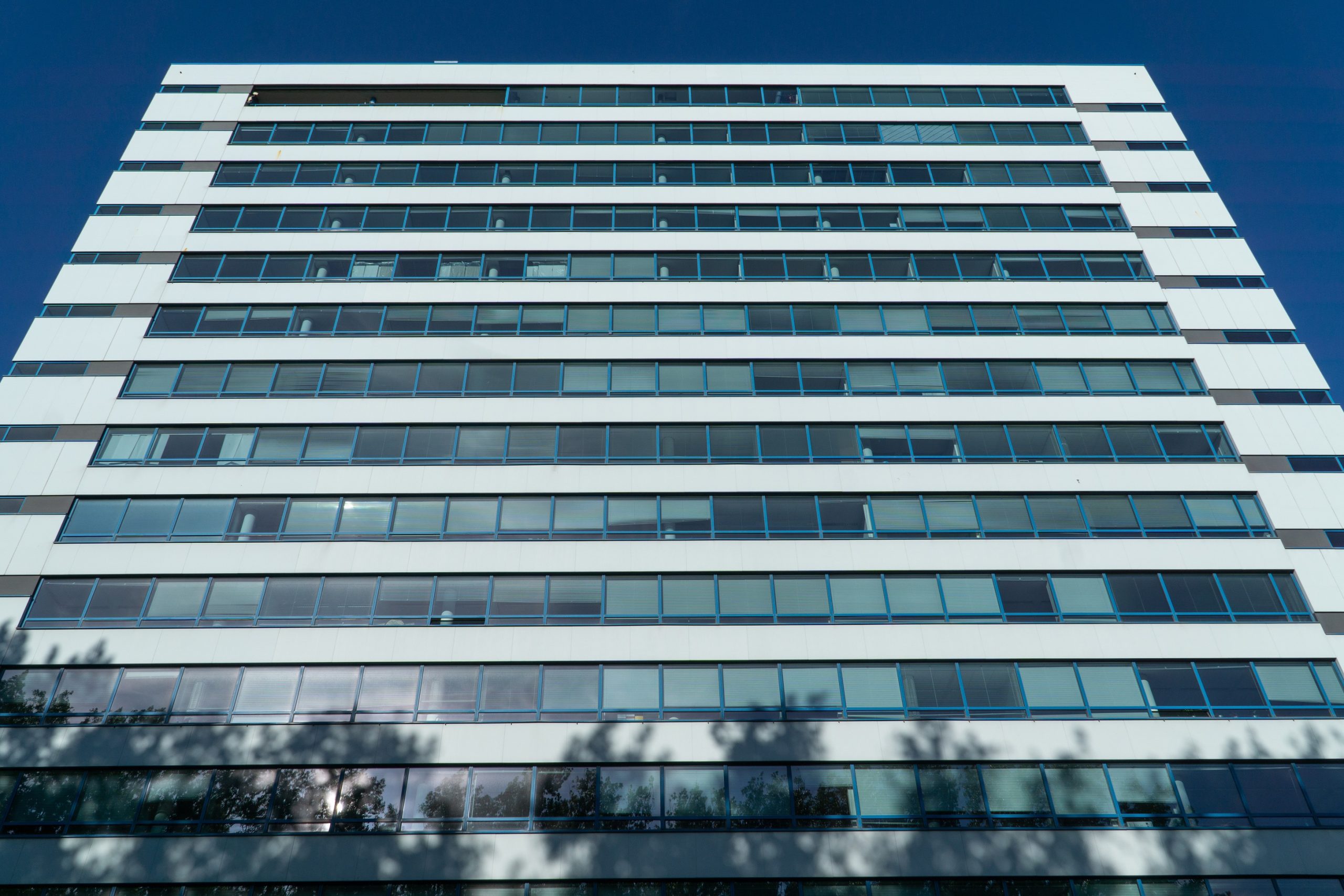What will education be like after the summer? There still are many uncertainties, but the Faculty of Aerospace Engineering has reached a decision.
At the AE faculty, lecturers will be teaching on campus in Q1, with some of the students physically present. (Photo: Lucas de Leeuw)
The Cabinet asked universities to work out two scenarios for teaching after the summer holiday, one with and one without the one-and-a-half metre distancing. The Government will decide which of the two options to adopt in mid-August. Aerospace Engineering (AE) is doing things differently, as it revealed in its newsletter.
The Faculty is planning to do ‘hybrid’ teaching in the first quarter: lectures will be given on campus, with only some of the students attending physically. The rest of the students will follow the lecture via livestream. The different groups will be allocated time slots.
Lectures that cannot be given like this will be fully digital. Special spaces will be arranged for both forms of teaching. While teaching, the lecturers will look at the camera and not at the hall.
The programme cannot be followed entirely online
In designing its plans, the Faculty is complying with the rules set by the Government for the basic scenario (no 1.5 metres distancing, up to 75 people in one space) and TU Delft’s requirements (students present on campus 2.5 to three days a week). Student representatives were also consulted and teachers informed.
This will allow both bachelor and master students to be physically present at the Faculty on several days in the week. This means that the degree programme cannot be followed entirely online. By taking a clear position now, the Faculty is hoping to keep the workload of teachers within reason. The plan also allows physical education to be either downscaled or extended.
AE is the first faculty to publish a detailed plan for the first quarter. As a whole, TU Delft is thinking about how it should operate after the corona pandemic, not only in terms of education, but also in terms of research and the supporting work. As part of this, TU Delft Teaching Academy is organising a talk show for staff on 24 June from 11:30 AM. During the show, the Executive Board and the strategic response team will talk about hybrid working methods and the start of the new academic year, among other things.
Do you have a question or comment about this article?
s.m.bonger@tudelft.nl


Comments are closed.